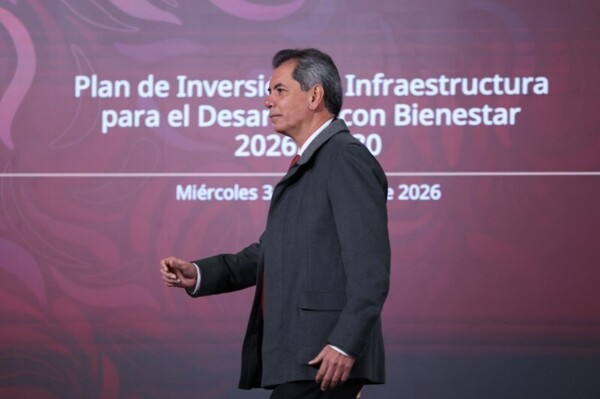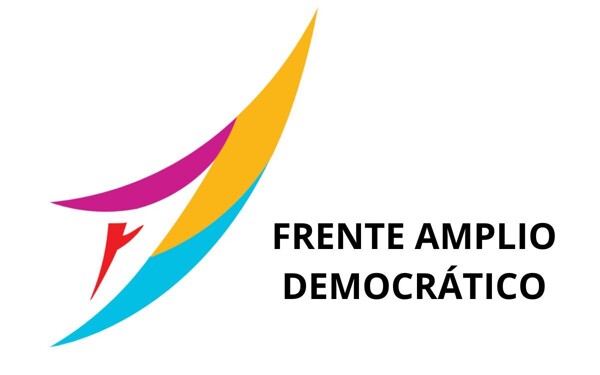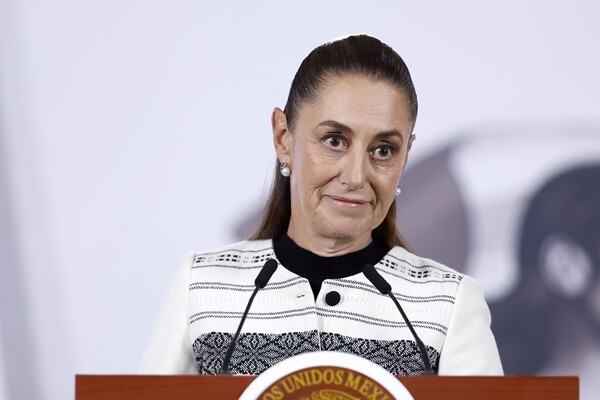
The Instructional Section of the Chamber of Deputies decided, in a closed extraordinary session to the public and the media, not to initiate the process of impeachment against Cuauhtémoc Blanco, a deputy from Morena, or against Alejandro Moreno, a senator from the PRI. This decision generated criticism from the opposition, especially regarding the case of the former governor of Morelos and icon of national football.
The president of the Instructional Section, Hugo Eric Flores, confirmed that the delivery of documents for analysis had begun, starting the legal terms that must be met. Martínez, a PAN deputy, expressed his position stating: 'Even an impeached person can return to their position after the judge finds them innocent. I am a lawyer and presume the innocence of a colleague, but I also need to review a file from a gender perspective.'
Regarding the case of Alejandro Moreno, known as 'Alito', Martínez indicated that there is a legal protection and requested access to its details for his understanding, emphasizing that guilt will be determined by a judge, not by the Instructional Section or the Chamber of Deputies.
The deputy also mentioned having requested information from the Morelos Prosecutor's Office about the progress in the investigation against Cuauhtémoc Blanco, accused of alleged sexual abuse, and confirmed that the Prosecutor's Office had met the requested requirements. When addressing the refusal to accept Blanco's case, Martínez clarified that his request was solely to analyze the file, not to issue a judgment.
'Admitting it for study is not to blame him. I know that and I want to see the effects, to see if it is true,' added Martínez Cázares. He explained that in a matter of declaration of admissibility, three aspects must be reviewed: that there is immunity, that there is a crime, and that there are certain elements to support it.














